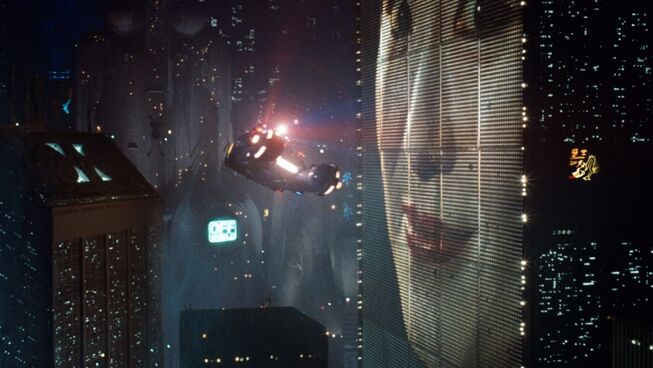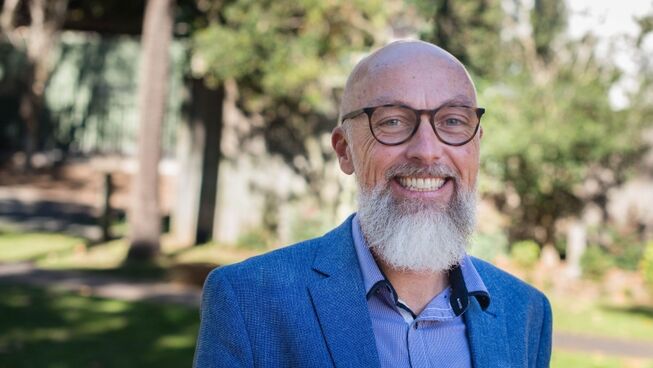
Sometimes we predict the future incorrectly and it’s kinda fun. As I found out when I watched Ridley Scott’s original 1989 Bladerunner movie a few weeks back, which is set in Los Angeles in 2019.
Scott’s movie deals with some pressing issues around artificial intelligence that haven’t arrived yet, but could still, though they’re a long way off. But what does future LA look like in 2019?
Well it doesn’t look like La La Land I can tell you. It’s grimy, dystopian, hard, angular and dark, without no sign of Ryan Gosling, or anyone near that handsome. Oh, and everyone smokes - inside! So Ridley Scott got the future wrong. No biggie.
Sometimes, however, we predict the future incorrectly, and it’s kinda fatal! General John Sedgwick of the Union Army during the US Civil War found this out the hard way.
The no nonsense general was chiding his troops one day at the front line for wimping out and keeping their heads down, as the Confederates fired pot shots from nearly a kilometre away.
"Why are you dodging like this?” he harrumphed, “They couldn't hit an elephant at this distance.”
Turns out the Confederates weren’t aiming for elephants and within a minute of saying that the good general took a bullet below the eye and fell to the ground, dying a few hours later.
Every action in the present embeds a hypothesis about the future. For the good - and dead - general, his hypothesis was that he would be safe if he held his head up instead of keeping it down. Turns out his hypothesis was wrong.
Here’s another hypothesis that turned out to be incorrect. Fifteen or so years ago the consensus was that Christianity in Australia would fade off the scene due to disinterest. Whether in the public square, or at work, the aim of the Christian would be to demonstrate relevance.
Confident secularism would simply sweep over the top of faith and sideline it. Christianity was ineffectual and toothless. The aim of the Christian would be to say “Yoo-hoo, over here, we’re here!” to a largely apathetic public.
Does that hypothetical future feel like the actual future to you? Quite the opposite! Christians in the public square and the work place are discovering that, like those Union troops, keeping your head down isn’t a bad strategy!
If you’d predicted fifteen years ago that a religious question would dominate the papers, the talkback and the social media sphere for over a month, you’d be laughed at. But, hey, here we are.
Turns out the future has arrived, and rather than Christianity being viewed as an innocuous in 2019, it’s being viewed as toxic. Rather than casual disinterest in what Christianity believes about all of the big public topics, turns out hostile interest is the order of the day.
If you’d hitched your sail to the cultural relevance boat, you’d be taking in water by now. It’s not cultural relevance we need in these times, it’s gospel resilience. It’s a keeping your head down world, yet the gospel calls us to hold our heads up. How do we do that?
Over the coming weeks I will be writing about what it means for Christians to hold their heads up in a keeping your head down world. Because it’s not just Christians who are feeling the pressure of an increasingly hostile and unforgiving public square, many others are too.
What will it mean to live as “a non-anxious” presence in the future that has arrived? What will it mean to joyfully speak truth, when the truth is no longer viewed as good news by many, but as bad news. What will it mean to stand true for Jesus when the Church is considered part of the problem not part of the solution?
Plenty of suggestions are out there, ranging from keeping your head down to siding with the ones firing. What’s the way forward? How do we keep our heads up? That’s where we’ll head to in my next post.


